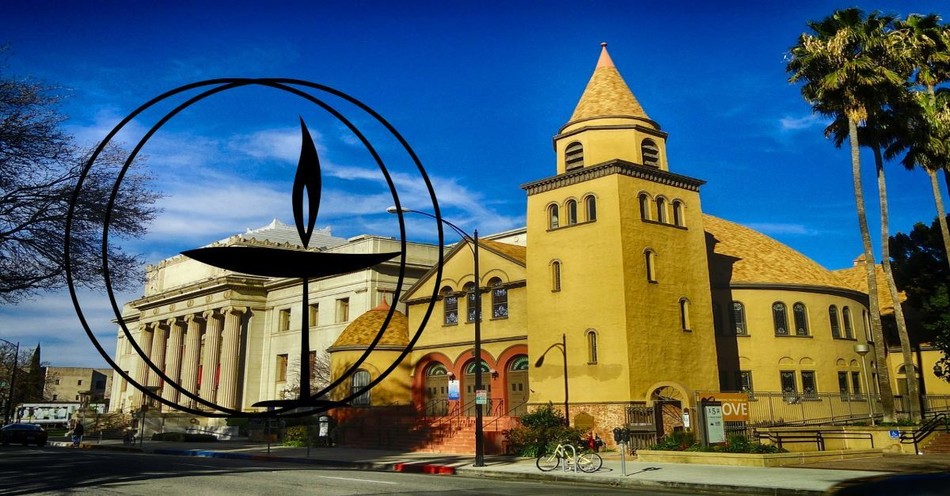Unitarianism is a Christian belief that God is a single entity and not three forms as expressed in the Trinity. Unitarian Churches follow the doctrine of Unitarianism and are organized in the United States and the United Kingdom on a national and local level.
Discover the intriguing history and beliefs of these churches and Unitarianism below!
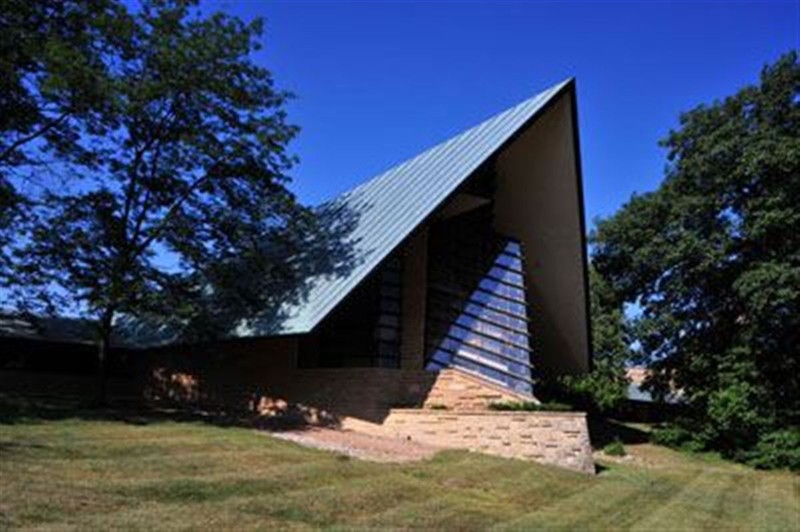
Meaning of Unitarianism
Unitarianism is a theological movement named for its view that the God in Christianity is one person, contrary to the Trinity which defines God as three forms in one being; the Father, Son, and Holy Spirit. Unitarian Christians hold that Jesus was encouraged by God in his moral teachings, and he is a savior, yet he was not a divinity or God incarnate. Unitarianism does not compose one single Christian denomination but refers to a combination of both existing and defunct Christian groups which share a similar theological notion of the singular essence of God.
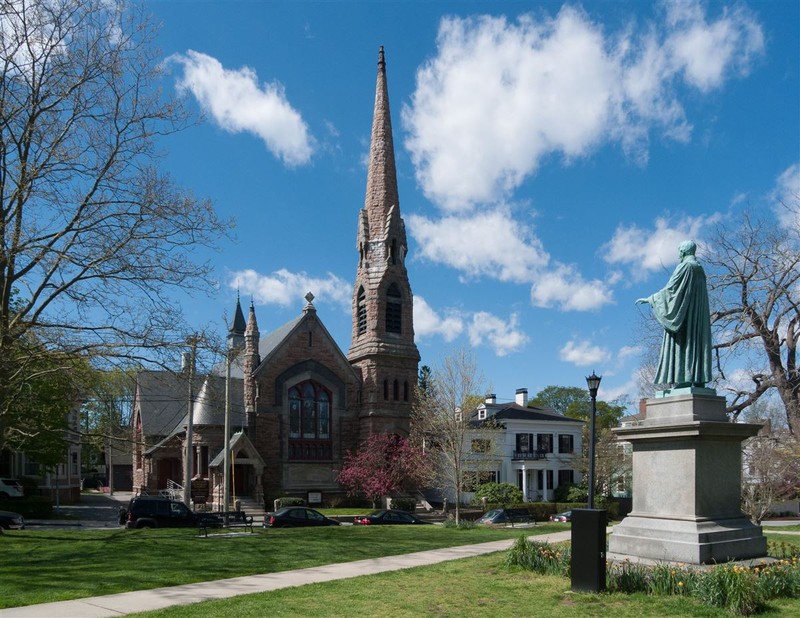
History of Unitarianism
Unitarianism, as a Christian denominational group of churches, was first established in Poland-Lithuania and Transylvania in the late 16th century. It was then more refined in England and America until the early 19th century, although canonical predecessors are to be found as far back as the beginning days of Christianity. It developed and arrived at its classical form in the mid 19th century. Later historical growth has been assorted in different countries.
Unitarians track their history back to the Apostolic Age and maintain this belief was popular during the pre-Nicene era, preceding the First Council of Nicaea in 325. Many Unitarians consider their Christology most similarly matches that of the "original Christians."
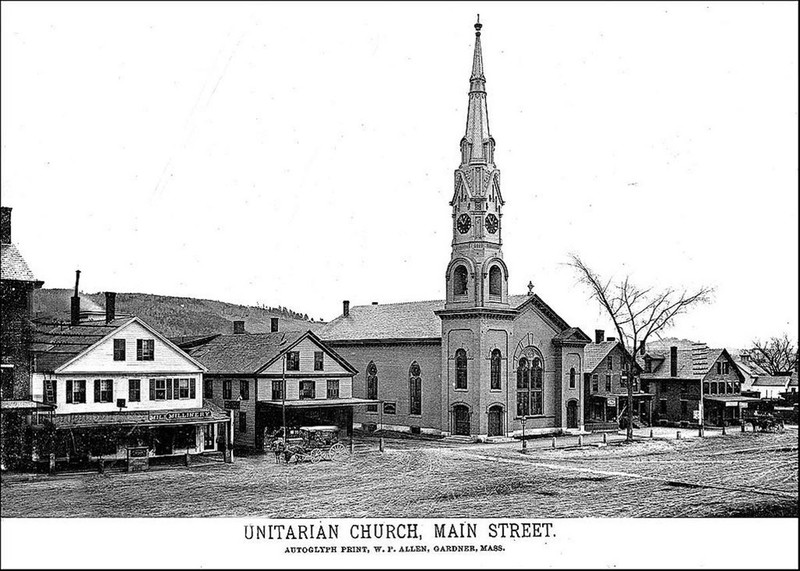
Origins of the Unitarian Church
The Unitarian Church in Transylvania was first acknowledged by the Edict of Torda, published by the Transylvanian Diet under Prince John II Sigismund Zápolya and was first led by Ferenc Dávid. The phrase "Unitarian" first emerged as “unitaria religio” in a text of the Diet of Lécfalva, Transylvania, in October 1600, though it was not broadly adopted in Transylvania until 1638 when the formal recepta Unitaria Religio was printed.
The Unitarian movement achieved notoriety in England in the wake of the Enlightenment and started to become a formal denomination in 1774 when Theophilus Lindsey organized gatherings with Joseph Priestley. From those meetings, they established the initial publicly Unitarian congregation in the country. This happened at the Essex Street Church in London.
The first formal recognition of the Unitarian belief in a congregation in America was by King's Chapel in Boston, pastored by James Freeman. The church changed the Prayer Book into a tempered Unitarian liturgy in 1785. In 1800, Joseph Stevens Buckminster became pastor of the Brattle Street Church in Boston, where his gifted sermons, literary projects, and scholarly awareness of the German "New Criticism" helped develop the succeeding development of Unitarianism in New England.
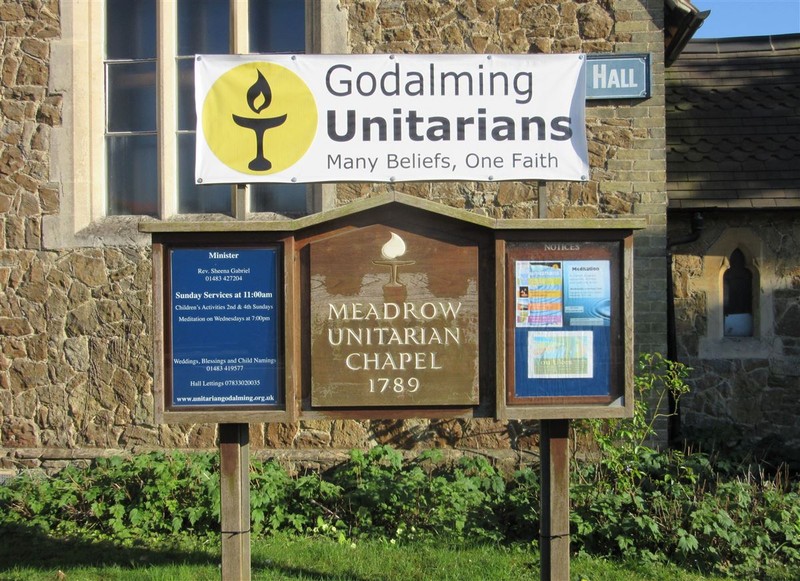
Beliefs of the Unitarian Church
Unitarians contend that most of Christianity does not adhere to strict monotheism, but that Unitarians do by declaring that Jesus was a remarkable man and a prophet of God, possibly even a divine being, but not God himself. They conclude Jesus did not profess to be God and that his teachings did not infer the presence of a three-part God. Unitarians believe in the moralistic authority but not inevitably the divinity of Jesus. Their faith is therefore opposed to the trinitarian theology of other Christian denominations.
In the early 19th century, Unitarian Robert Wallace distinguished three distinct classes of Unitarian creeds in history:
- Arian, which believed in a pre-existence of the Logos, but supported that Jesus was created and existed as human only
- Socinian, which rejected his original divinity, but accepted that Christ should be worshipped
-
"Strict Unitarian", which, believing in an "incommunicable divinity of God", denied both the presence of the Holy Spirit and the reverence of "the man Christ."
Although there is no particular authority on beliefs of Unitarian faith apart from denial of the Trinity, the following beliefs are commonly affirmed:
- One God and the oneness of God.
- The life and teachings of Jesus Christ establish the ultimate model for living one's own life.
- Reason, rational thought, science, and philosophy coincide with belief in God.
- Humans have the capacity to exert free will in a responsible, constructive and ethical manner with the aid of religion.
- Human nature in its present condition is neither inherently corrupt nor wicked but able of both good and evil, as God intended.
- No religion can assert a complete monopoly on the Holy Spirit or theological truth.
- Though the writers of the Bible were inspired by God, they were humans and consequently subject to human error.
- The common doctrines of predestination, eternal damnation, and the vicarious sacrifice and satisfaction theories of the Atonement are invalid because they misrepresent God's character and malign the true nature and calling of Jesus Christ.
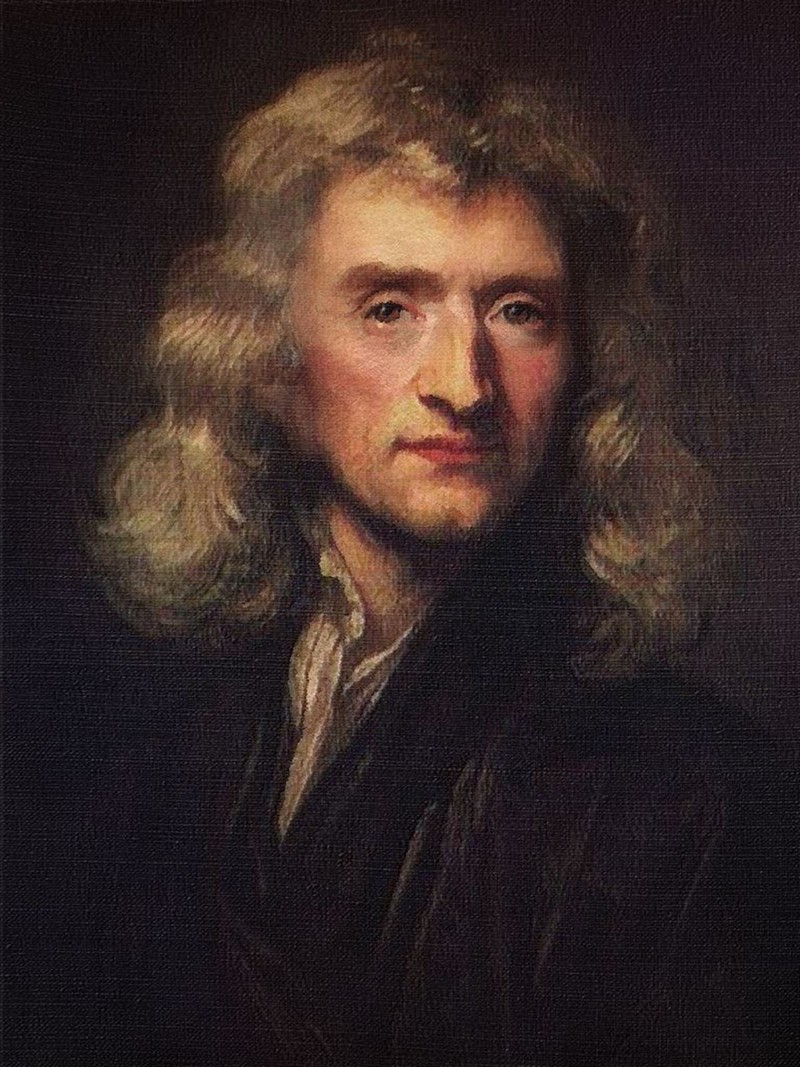
Famous Unitarians
There are many well-known Unitarians throughout history. Discover them below categorized by their professions:
Classical Composers
- Edvard Grieg
- Béla Bartók
Theology and Ministry
- Ralph Waldo Emerson
- Theodore Parker
- Thomas Lamb Eliot
Scientists & Inventors
- Oliver Heaviside
- Erasmus Darwin
- Joseph Priestley
- John Archibald Wheeler
- Linus Pauling
- Sir Isaac Newton
- Inventor Sir Francis Ronalds
Presidents of the USA
- John Adams
- John Quincy Adams
- Millard Fillmore
- William Howard Taft
Additionally, Julia Ward Howe who was a leader in the woman suffrage movement, the first ever woman to be selected to the Academy of Arts and Letters, and creator of the Battle Hymn of the Republic along with books of poetry and writing.
Pictured above is Sir Isaac Newton
Comment below if there are other Unitarians you think should be added to this list!
Sources
Unitarian Universalist Association | UUA
This article is part of our Denomination Series listing historical facts and theological information about different factions within and from the Christian religion. We provide these articles to help you understand the distinctions between denominations including origin, leadership, doctrine, and beliefs. Explore the various characteristics of different denominations from our list below!
Catholic Church: History, Tradition & Beliefs
Jehovah's Witnesses & Their Beliefs
Mormons: The Church of Latter Day Saints & Their Beliefs
Baptist Church: History & Beliefs
Presbyterians: History & Beliefs
Mennonites & Their Beliefs
United Methodist Church: History & Beliefs
Seventh-Day Adventists & Their Beliefs
The Pentecostal Church: History & Beliefs
Lutheran History & Beliefs
